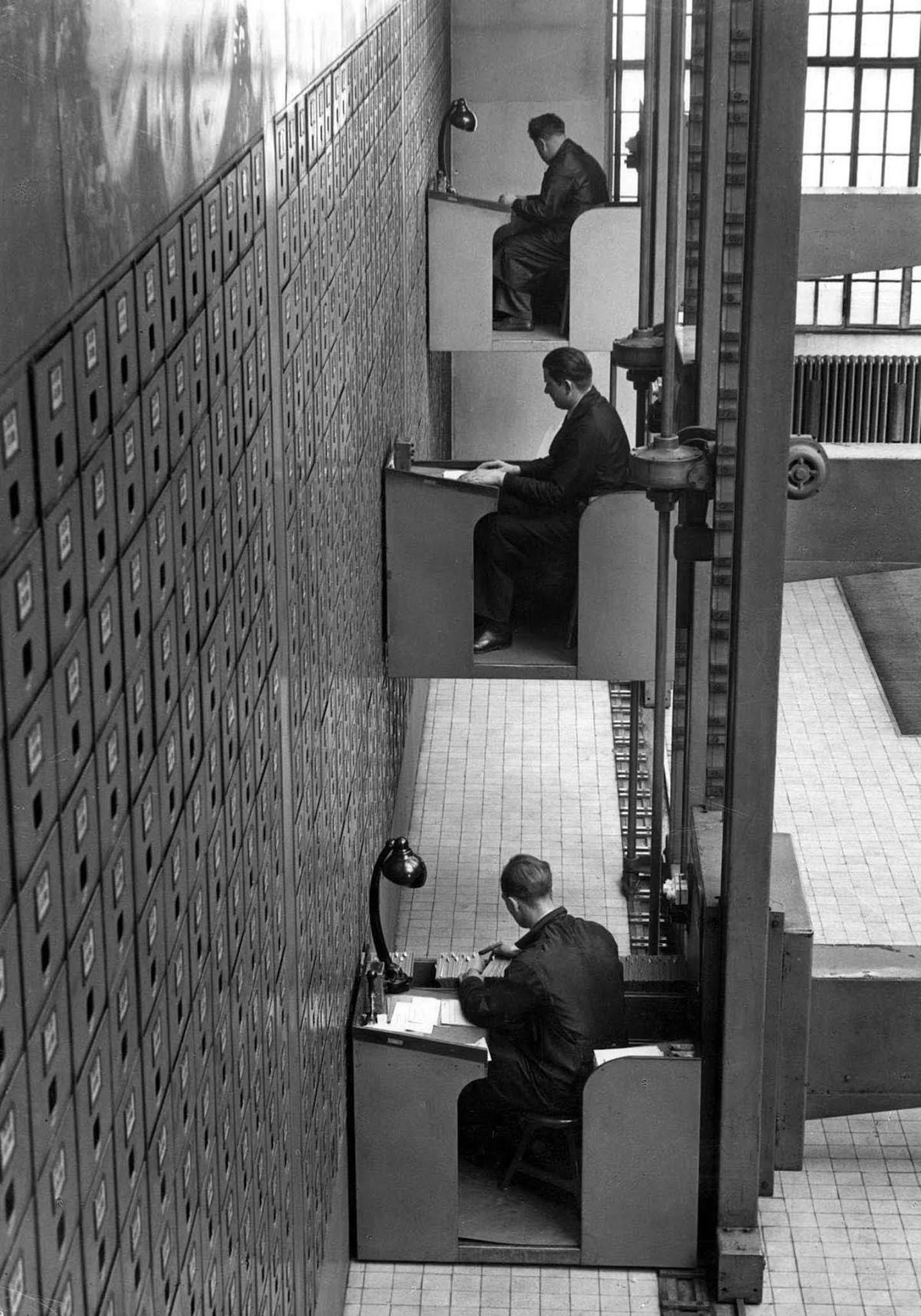this post was submitted on 17 Oct 2024
702 points (99.9% liked)
HistoryPorn
5015 readers
893 users here now
If you would like to become a mod in this community, kindly PM the mod.
Relive the Past in Jaw-Dropping Detail!
HistoryPorn is for photographs (or, if it can be found, film) of the past, recent or distant! Give us a little snapshot of history!
Rules
- Be respectful and inclusive.
- No harassment, hate speech, or trolling.
- Engage in constructive discussions.
- Share relevant content.
- Follow guidelines and moderators' instructions.
- Use appropriate language and tone.
- Report violations.
- Foster a continuous learning environment.
- No genocide or atrocity denialism.
Pictures of old artifacts and museum pieces should go to History Artifacts
Illustrations and paintings should go to History Drawings
Related Communities:
founded 2 years ago
MODERATORS
you are viewing a single comment's thread
view the rest of the comments
view the rest of the comments

Nonsense argument. It is much easier to forge or steal a paper copy of a document that it is to do so with an equally well protected digital copy.
Vast majority of digital theft is done via social engineering and not through some exploit in the underlying technology.
If the local county records get broken into and every property deed gets stolen, the theif doesn't have ownership of every property in the county. Anything that represents physical ownership of an item is way more secure with a physical paper trial than a digital one. I understand that cryptocurrencies are different than cryptography, but a physical copy of a record i own and an official copy that a relevant party owns, such as a local government, hospital, or bank will always be more secure than digital tokens of ownership.
That's just demonstrably false. Lots of historical precedent for people losing property, access, etc due to lost or incorrectly filed documents, clerical errors, corruption and a billion other ways. None of this really affects digital assets.